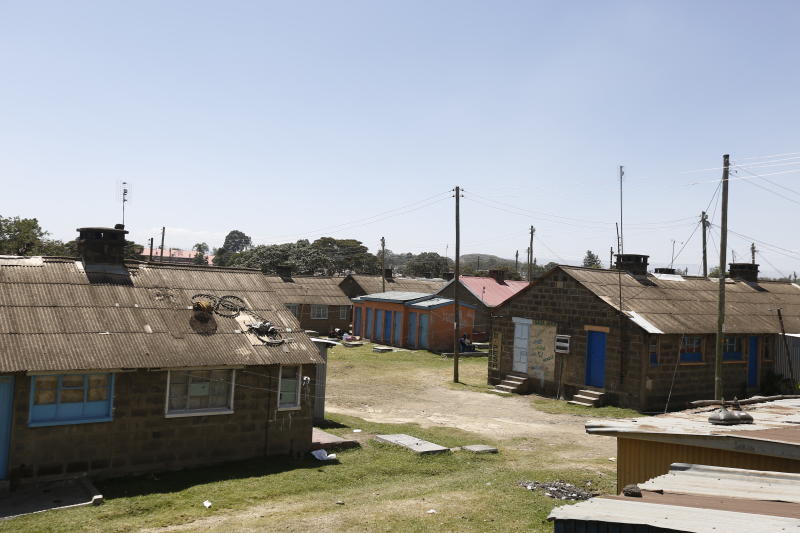×
The Standard e-Paper
Stay Informed, Even Offline

Old municipal estates in Nakuru continue to be an eyesore even as the town gears up for a city status.
Lack of maintenance has left at least six of the estates looking dilapidated. Built in the 1950s by the colonial administration at a time the town’s population was low, Kivumbini, Ojuka, Kaloleni Phase One and Phase Two, Baharini and Shauri Yako, have enjoyed reliable water supplies, having been connected to the municipality’s main water lines.